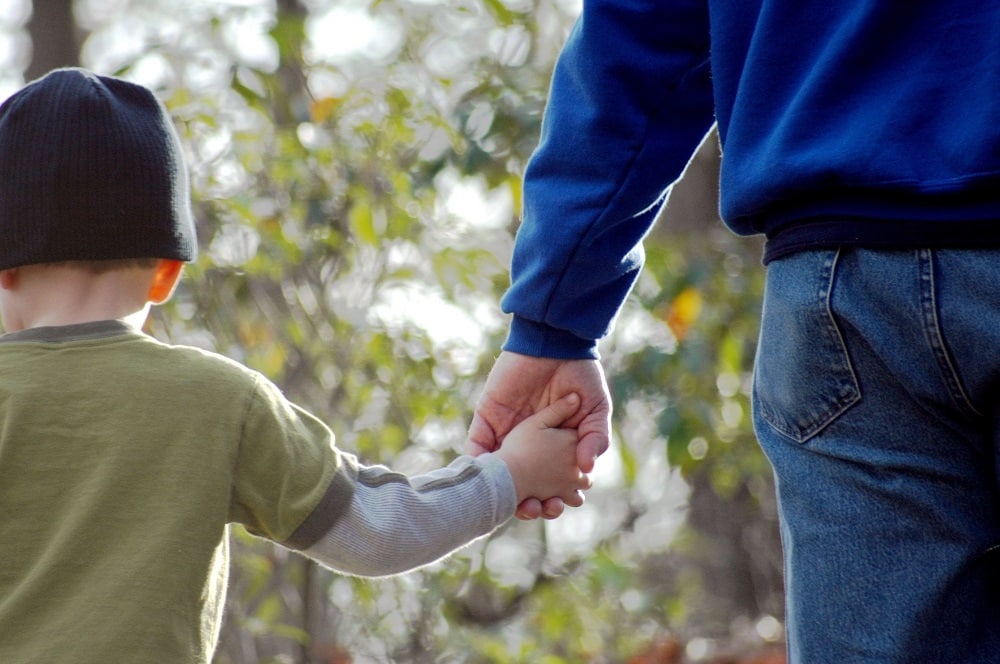 Child Custody
Child Custody
Guardianship in California: The Basics
Guardianship in California is different than it is in other states, but the end result is the same: someone other than a child’s parent is given legal custody of the child.
Why Do Courts Award Guardianship in California?
Generally, courts in California only award guardianship to an adult other than a child’s parent if the parent is unable to care for the child. This can occur for several reasons, including the death of the parent (or a serious illness), or:
- Alcoholism or drug addiction
- Deportation
- Domestic violence
- Incarceration
- Military duty abroad
- Profound financial issues
- Other circumstances that render the parent unable (or unfit) to care for the child
Guardianship in California: The Basics
Guardianship is something the court considers very seriously – and the person requesting guardianship will have to prove that it’s in the child’s best interest if the parent objects.
When Parents Object to a Change in Guardianship
The courts almost always consider a parent to be the best caregiver for a child. California Family Code 3041 says, “Before making an order granting custody to a person or persons other than a parent, over the objection of a parent, the court shall make a finding that granting custody to a parent would be detrimental to the child and that granting custody to the nonparent is required to serve the best interest of the child.” It goes on to say that the person requesting guardianship must provide clear and convincing evidence, which means simply disagreeing with a parent’s parenting style isn’t enough – the person requesting it must prove that it’s better for the child and that staying in the current environment would be harmful to the child.
Probate Guardianship: California’s Two Methods
Only the court can appoint a legal guardian for a child. It can happen through the juvenile dependency court or as a result of a petition filed by the person who wants to become the child’s guardian. The two types of guardianship in California are guardianship of the person and guardianship of the estate.
Guardianship of the Person
Guardianship of the person refers to a situation in which a person other than the child’s parent has physical and legal custody of the child. This can be a grandparent, an aunt or uncle, or another family member (such as a sibling), or it can be someone who is not physically related to the child but who has strong ties with the child and is capable of taking care of him or her.
Guardianship of the Estate
Guardianship of the estate refers to someone being given control of a child’s income, money or other property until the child turns 18. Sometimes a child needs a guardian of the estate after inheriting money or other assets, but typically, the court appoints a surviving parent.
What if the Child is Native American?
If the child is Native American, federal laws apply – you’ll need to let your Stockton family law attorney know so she can take the appropriate steps.
Do You Need to Talk to an Attorney About Guardianship in California?
Guardianship in California can be a complicated issue, and you may benefit from talking to a Stockton family law attorney about your situation.
Call us at (209) 989-4425 or get in touch with us online to talk to a lawyer who can help today.